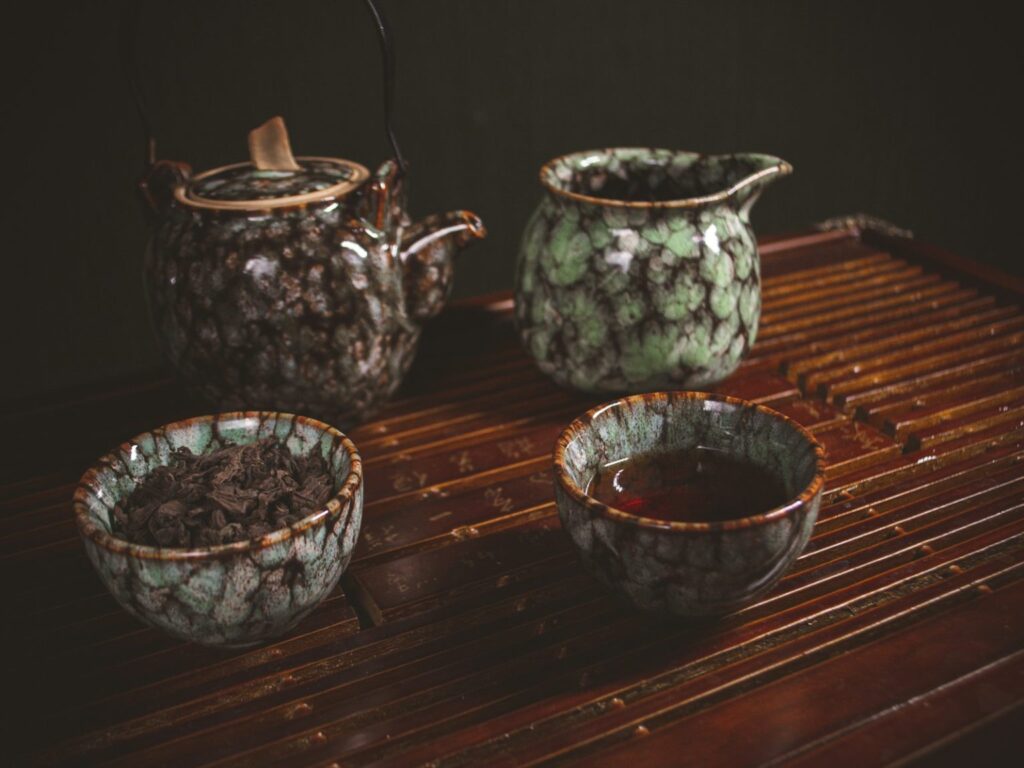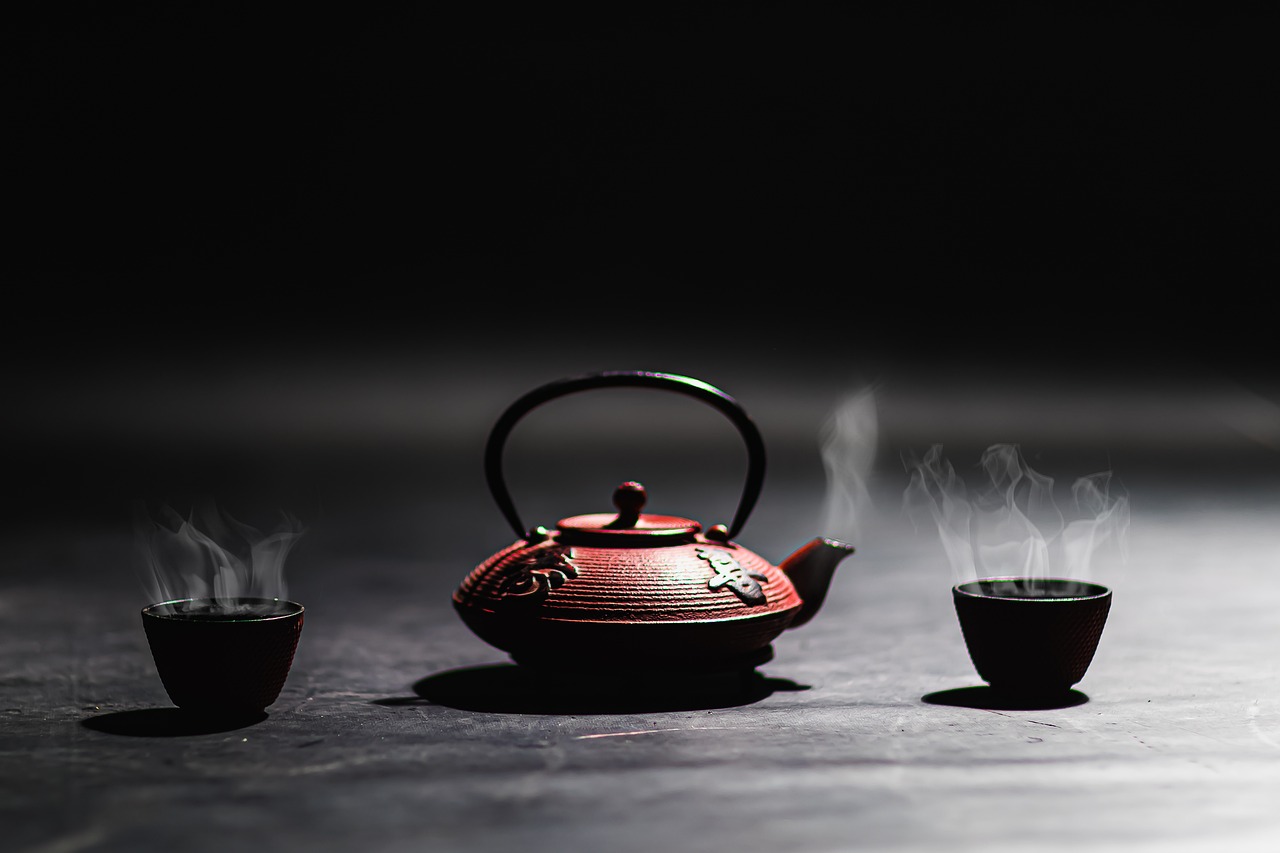Black tea is one of the most beloved beverages in the world, cherished for its rich flavor, comforting warmth, and numerous health benefits. Whether enjoyed as a morning pick-me-up or an afternoon ritual, black tea has been a staple in cultures across the globe for centuries. But beyond its delightful taste, black tea boasts an impressive array of properties that can positively impact your health.
In this blog post, we’ll explore the properties, benefits, and potential contraindications of black tea to help you better understand this timeless brew.
What is Black Tea?
Black tea is a type of tea made from the leaves of the Camellia sinensis plant. Unlike green or white tea, black tea undergoes a full oxidation process, which gives it its dark color, robust flavor, and longer shelf life. It’s the most widely consumed tea in the world, with popular varieties including Assam, Darjeeling, Earl Grey, and English Breakfast.
Key Properties of Black Tea
Black tea is packed with bioactive compounds that contribute to its health benefits. Here are some of its key properties:
- Rich in Antioxidants
Black tea contains polyphenols, such as theaflavins and thearubigins, which help combat oxidative stress and protect cells from damage caused by free radicals. - Contains Caffeine
Black tea provides a moderate amount of caffeine, which can boost energy, improve focus, and enhance alertness. - Source of L-Theanine
This amino acid promotes relaxation and helps balance the stimulating effects of caffeine, contributing to a calm yet focused state of mind. - Low in Calories
When consumed without added sugar or milk, black tea is virtually calorie-free, making it a great choice for those watching their calorie intake. - Contains Fluoride and Tannins
Black tea naturally contains fluoride, which supports dental health, and tannins, which have astringent properties that can aid digestion.
Health Benefits of Black Tea
- Boosts Heart Health
Studies suggest that the antioxidants in black tea can improve heart health by reducing LDL (bad) cholesterol, lowering blood pressure, and improving blood vessel function. Regular consumption may reduce the risk of heart disease and stroke. - Supports Digestive Health
The tannins in black tea have anti-inflammatory properties that can soothe the digestive tract and alleviate issues like diarrhea and stomach cramps. - Enhances Mental Alertness
The combination of caffeine and L-theanine in black tea can improve focus, concentration, and cognitive performance without causing the jitters often associated with coffee. - Strengthens the Immune System
Black tea contains alkylamine antigens, which can help boost the immune system and protect against infections. - Promotes Oral Health
The polyphenols and fluoride in black tea can inhibit the growth of harmful bacteria in the mouth, reducing the risk of cavities, gum disease, and bad breath. - May Aid Weight Management
Black tea is low in calories and can support metabolism, making it a helpful addition to a weight management plan. - Reduces Stress and Promotes Relaxation
L-theanine in black tea has calming effects, helping to reduce stress and promote a sense of relaxation. - Supports Bone Health
Some studies suggest that regular consumption of black tea may improve bone density and reduce the risk of osteoporosis.
Potential Contraindications of Black Tea
While black tea is generally safe for most people, there are a few considerations to keep in mind:
- Caffeine Sensitivity
Black tea contains caffeine, which can cause insomnia, anxiety, or an increased heart rate in sensitive individuals. Limiting intake or opting for decaffeinated versions can help. - Iron Absorption
The tannins in black tea can inhibit the absorption of non-heme iron (found in plant-based foods). To avoid this, avoid drinking tea with meals or wait at least an hour after eating. - Pregnancy and Breastfeeding
Pregnant and breastfeeding women should limit their caffeine intake, including black tea, to avoid potential risks to the baby. - Stomach Issues
Excessive consumption of black tea may lead to stomach upset or acid reflux in some individuals due to its tannin content. - Medication Interactions
Black tea may interact with certain medications, such as blood thinners or stimulants. Consult your doctor if you’re on medication.
How to Enjoy Black Tea
Black tea is incredibly versatile and can be enjoyed in many ways:
- Plain: Savor its natural flavor without any additions.
- With Milk: Add a splash of milk for a creamy texture (popular in chai and English Breakfast tea).
- With Lemon: A slice of lemon can enhance the flavor and add a dose of vitamin C.
- Iced: Brew and chill for a refreshing iced tea.
- Spiced: Add spices like cinnamon, ginger, or cardamom for a warming twist.
How Much Black Tea Should You Drink?
Moderation is key. Most health experts recommend consuming 2–3 cups of black tea per day to reap its benefits without overloading on caffeine. However, individual tolerance may vary, so listen to your body.

Black tea is more than just a comforting beverage—it’s a powerhouse of health benefits, from boosting heart health to enhancing mental clarity. By incorporating black tea into your daily routine, you can enjoy its rich flavor while supporting your overall well-being.
Just remember to consume it in moderation and be mindful of any potential contraindications.
Do you have a favorite way to enjoy black tea?
Share your thoughts and recipes in the comments below! Let’s raise a cup to good health. ☕✨

